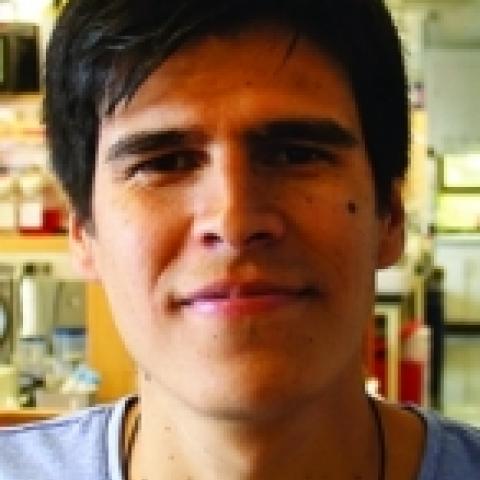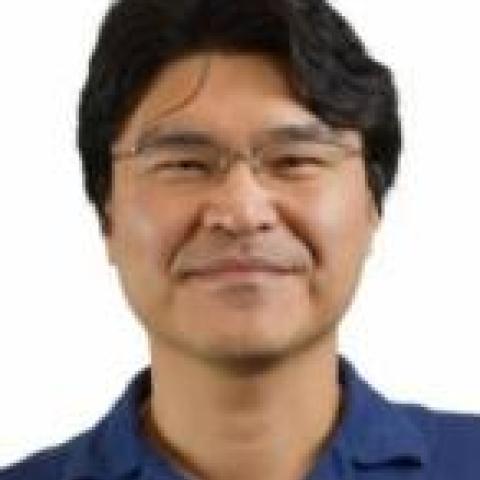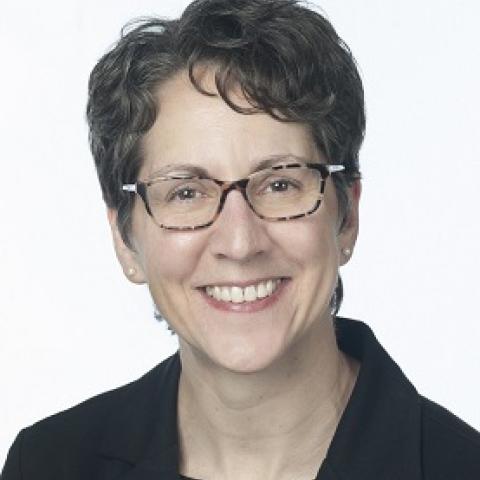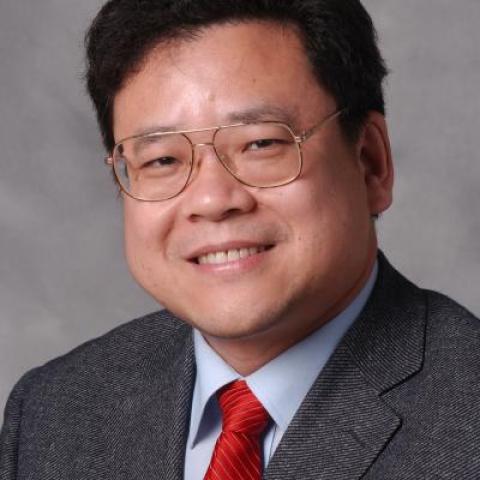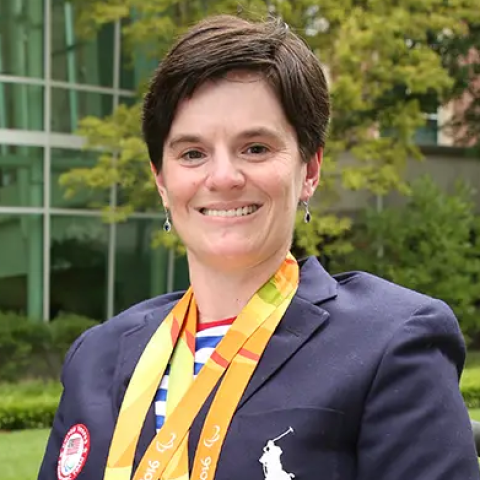Shuming Nie is the Wallace H. Coulter Distinguished Chair Professor in Biomedical Engineering at Emory University and the Georgia Institute of Technology, with joint appointments in chemistry, materials science and engineering, and hematology and oncology. He is the Principal Investigator and Director of the Emory-Georgia Tech Nanotechnology Center for Personalized and Predictive Oncology, one of the eight national centers funded by the National Cancer Institute (NIH/NCI). His research interest is broadly in biomolecular engineering and nanotechnology, with a focus on bioconjugated nanoparticles for cancer molecular imaging, molecular profiling, pharmacogenomics, and targeted therapy. His research program is currently supported by three large-scale grants from the National Institutes of Health. During the last 10 years, Professor Nie has published nearly 100 scholarly papers, filed 20 patents/inventions, and has delivered more than 350 invited talks and keynote lectures. In recognition of his work, Professor Nie has received many awards and honors including the Merck Award (2007), Elected Fellow of the American Institute of Biological and Medical Engineering (2006), the Cheung Kong Professorship (The Ministry of Education of China, 2006), the Rank Prize in Opto-electronics (London, UK, 2005), the Georgia Distinguished Cancer Scholar Award (Georgia Cancer Coalition, 2002-2007), the Beckman Young Investigator Award, the National Collegiate Inventors Award, and the NSFC Overseas Young Scholar Award. Dr. Nie serves on the scientific advisory/editorial boards of 5 biotech companies and 6 scientific journals. Professor Nie received his BS degree from Nankai University (China) in 1983, earned his MS and PhD degrees from Northwestern University under the direction of Professor Richard P. Van Duyne (1984-1990), and did postdoctoral research at both Georgia Institute of Technology and Stanford University (1990-1994).
Distinguished Faculty Chair and Professor, Wallace H. Coulter Department of Biomedical Engineering
Additional Research
Nanomedicine; nanoparticle drug delivery

